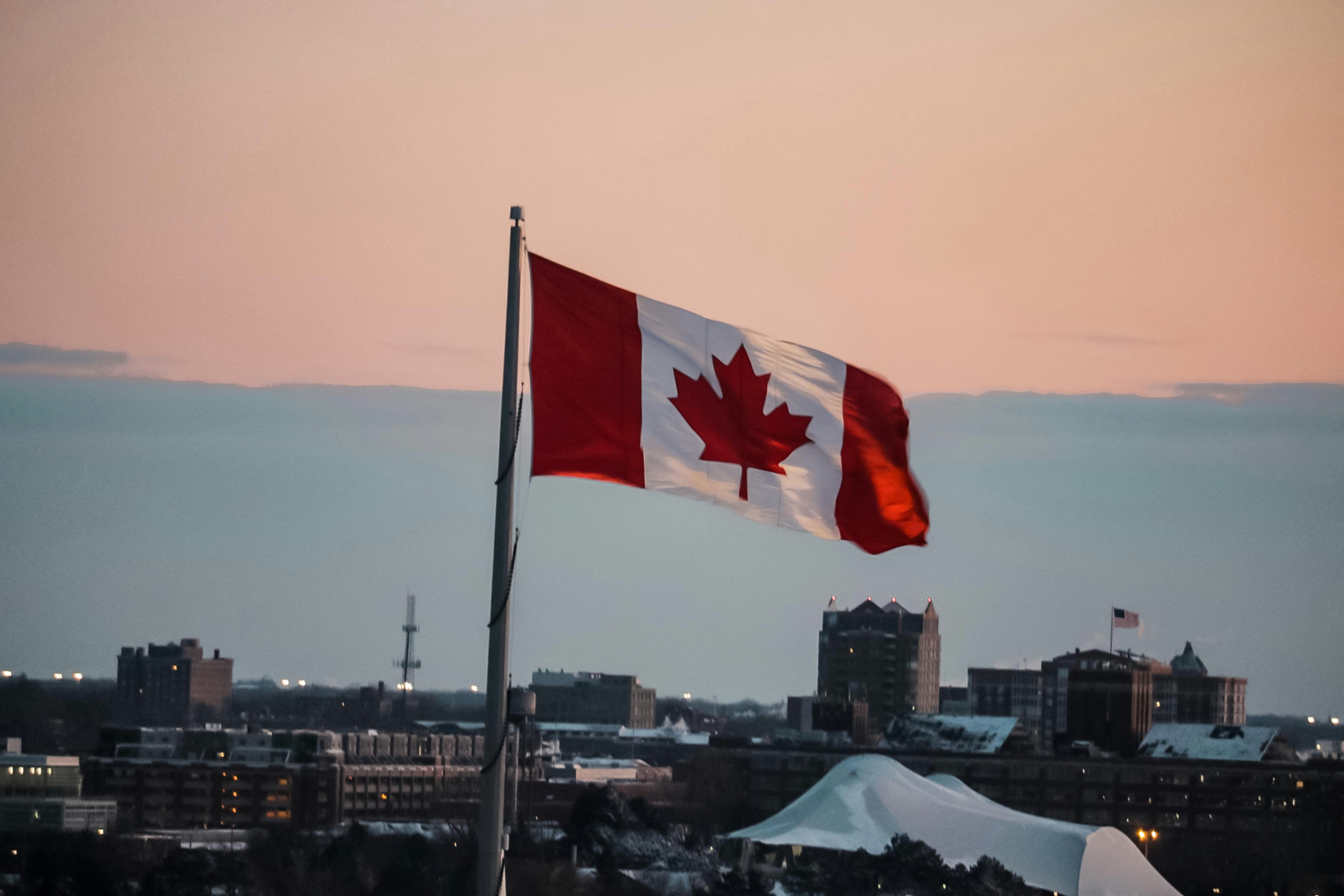
Image source - sebastiaan stam
This article was originally published on May 8, 2025.
The Canadian general election held on April 28th produced major surprises, despite the expected outcome, resulting in a landslide victory for the Liberal Party led by Mike Carney. Months before Carney came to power, the Liberal cause seemed lost. With the internal election of its new leader, who previously served as Governor of the Bank of Canada (2008-2013) and Governor of the Bank of England (2013-2020), the party was revitalized, something unusual in politics given that this political force had been in government for almost a decade with Justin Trudeau as Prime Minister.
The Liberals' victory in this election was resounding but not absolute, as they obtained 168 of the 172 necessary for a majority. Their new mandate is a clear message of strength and professionalism in the face of tariff threats from US President Donald Trump. The Liberal Party makes history with this victory. Without early elections in the next four years, the party could remain in power for 14 years by the end of the next legislative term (2029). This would be the Liberals' longest period in power since the governments of Lester B. Pearson and Pierre Trudeau, which lasted from 1963 to 1979 (16 years). While the party enjoyed a significant resurgence in a short period of time, rival parties on the other side suffered greatly.
The biggest loser symbolically has been the Conservative Party, which had a wide lead months before Mike Carney's election with Pierre Poilievre as its candidate. Despite having managed to increase from 120 to 144 seats in these elections, the shadow of defeat loomed over the party. Poilievre himself lost his seat, leaving the party mired in a massive crisis and bereft of leadership. This political force will have to consider redirecting its discourse due to the major failure of moving further to the right through rhetoric bordering on populism.
Another loser in these elections was the Bloc Québécois (BQ), which, despite having fallen from 33 to 23 seats, appears to continue to be led by Yves-François Blanchet. This political party must seriously consider whether the dogmatic rigidity of its current leader is what it truly needs to safeguard its power within its province. Since the next government will be a minority government, the Bloc Québécois' influence will be significant when it attempts to legislate. This position should not go to the party's head, as a lapse in arrogance could prove detrimental in the elections in the future.
The biggest loser in these elections was undoubtedly the New Democratic Party (NDP), led by Jagmeet Singh, who resigned after losing his seat. The NDP was late to learn the lesson the Liberals had learned with their leadership renewal for this election. Singh had already been an NDP candidate in 2019 and 2021, and on both occasions the party performed poorly. The NDP deterioration in these elections was so catastrophic that it lost its party status in parliament, falling from 24 to just 7 seats (at least 12 seats are required for such status). This party, which briefly became the second-largest political force in the country in 2011, is now facing an unprecedented internal crisis. Its reflection must be precise and profound to be reborn as a viable alternative in the next electoral cycle. This party, despite its obvious tragedy, will be crucial for the Liberal Party in securing support for its mandate, and, like the Bloc Québécois, they should not be complacent when it comes to generating dialogue, as this could further weaken them.
I dare to mention the Greens, who lost one of their two seats, as a cameo. Their candidate, Elizabeth May, seems to be the only one keeping this small political force afloat. Meanwhile, on the other side of the political spectrum, the ultra-conservative People's Party of Canada has once again failed in its attempt to gain representation in parliament, receiving less than 1% of the vote and less support than in 2021. This reinforces the argument that moderate multipartyism and governmental stability make Canada a model of functional democracy that has so far relegated the reactionary and radical discourses of its ideological extremes.
Canadian politics are undoubtedly fascinating. Not only because it is completely different from the rest of the democracies in the Americas, but also because of the high political awareness among its citizens, regardless of their political affiliation. Canada stands as a beacon of light among other democracies around the world, exemplifying civility and political rationality in theory and practice.